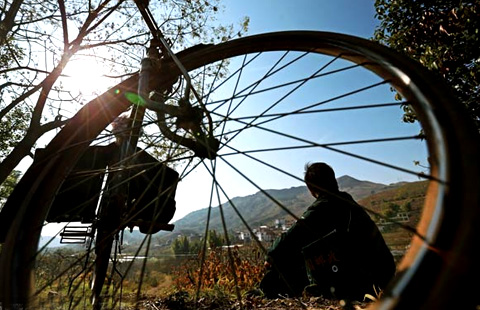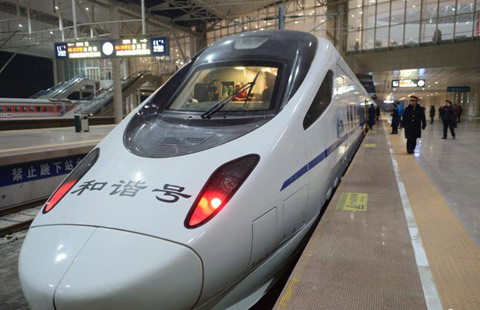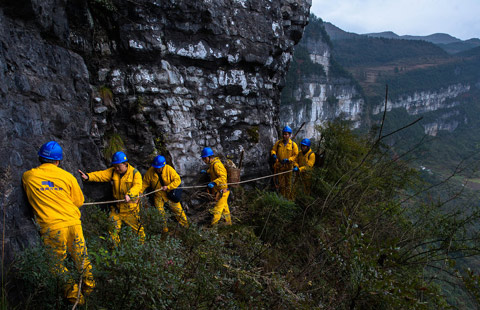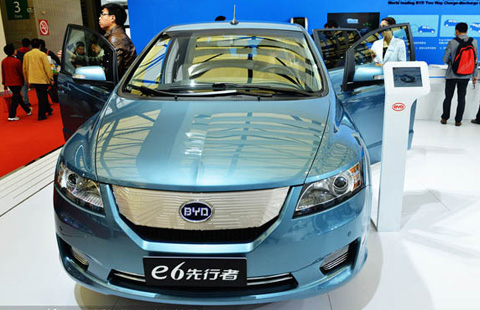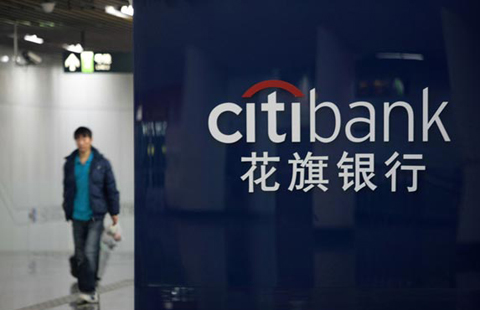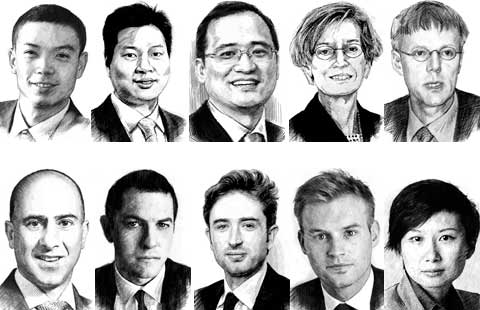Huadian embarks on overseas acquisition trail
By Lan Lan (China Daily) Updated: 2015-01-13 08:09The company's first-which is also believed to be China's first-power project investment in Russia was the $600 million, 483 mW Huadian Teninskaya Gas-Steam Combined Cycling Thermal Power Plant in the Yaroslavl region of Russia, northeast of Moscow, which becomes operational this year.
On the back of that the group also signed a framework agreement in November-witnessed by President Xi Jinping and his Russian counterpart Vladimir Putin-to buy the 450 mW Arkhangelsk thermal power station project in the coastal Arkhagelsk region of northern Russia.
"The project is a practical step in Huadian's participation in the national 'One Belt and One Road' strategy as well as being significant to the company's continued overseas expansion," said the group's website.
China launched the New Silk Road Economic Belt and the 21st Century Maritime Silk Road initiatives to further open up China to the rest of the world and to speed up infrastructure connectivity in the regions in 2013.
Analyst expect the strategies to deliver huge opportunities to the country's utility companies, given the expected growing energy needs of many of the countries along the routes.
Huadian has also invested in a 600 mW thermal power plant in Romania, which is expected to start construction this year, and a feasibility study is ongoing on investing in another 700 mW thermal power plant in Serbia.
Nearer home in Cambodia, Huadian has invested in the Lower Stung Russei Chrum Hydroelectric Project in the country's Koh Kong Province. With a capacity of 338 mW, the plant supplies about one-third of Cambodia's power needs.
Most of the Huadian projects are being financed by lenders like the Import and Export Bank of China and China Development Bank, said Ye Dejie, vice-president of China Huadian Hong Kong Co Ltd, which has been instrumental in handling many of its overseas projects and acquisitions. But the company is also keen to expand its financing channels on the international financial market.
Ye said the corporation always tries to minimize investment risk by selecting potential deals based on two key criteria: economic return and technical feasibility.
Fu said Huadian normally sets higher environmental standards in its overseas projects partly based on the fact that the financial institutions have themselves raised their thresholds, and are unwilling to provide loans to projects that fail to reach international environmental standards.
The banks all adhere to the Equator Principles, the risk management framework adopted by financial institutions, for determining, assessing and managing environmental and social risks of international projects, he said.
- French assets attract Chinese attention
- First LGFV default likely this year
- Reforms will shift tax focus to direct approach
- 10 trends within China's smartphone industry in 2015
- China's Wanda seeks to raise $203m in scaled-back IPO
- Rail merger threatened by insider trading allegations
- Li retakes Asia's richest person crown
- China 2014 auto sales up 6.9%
